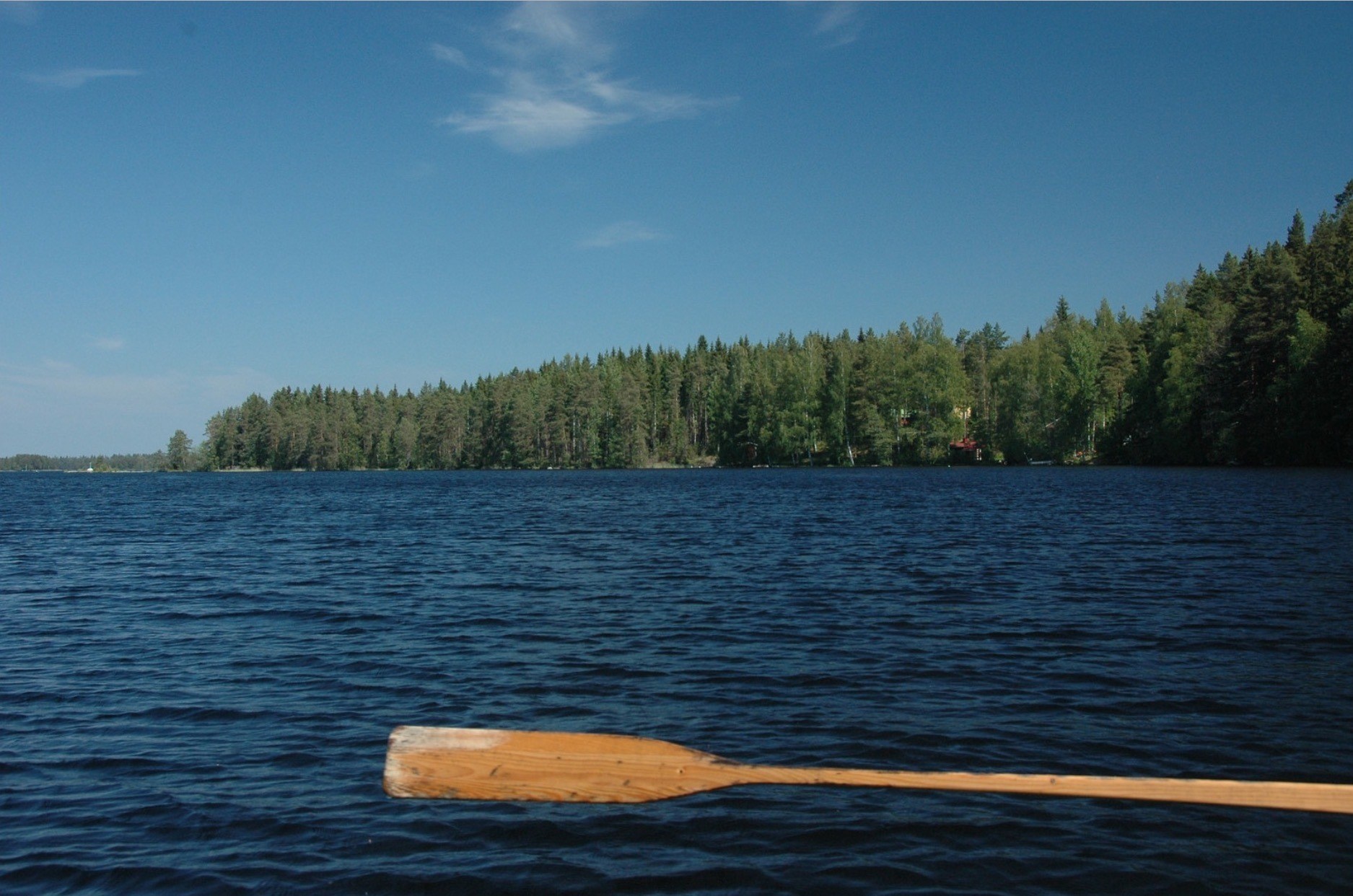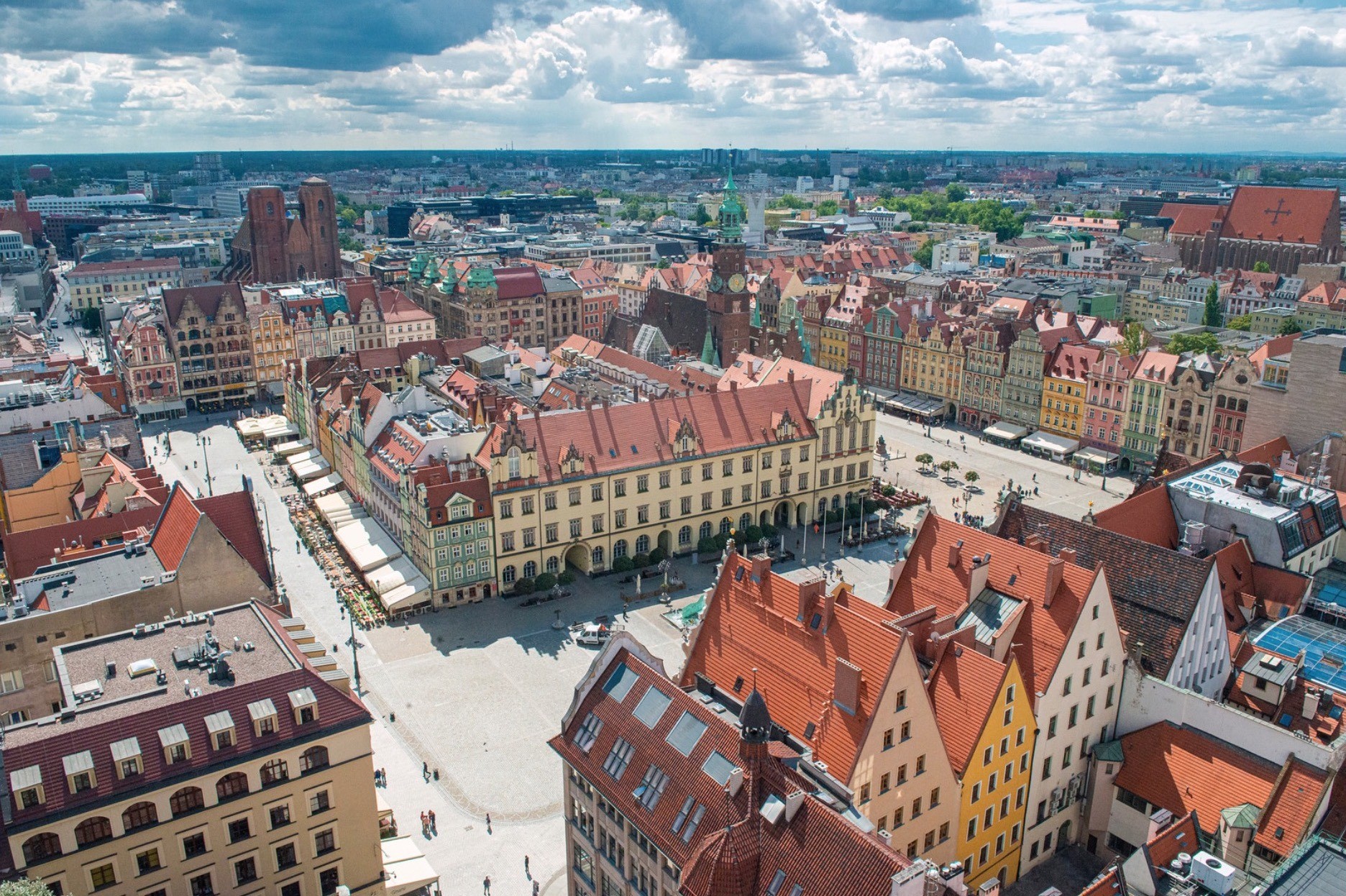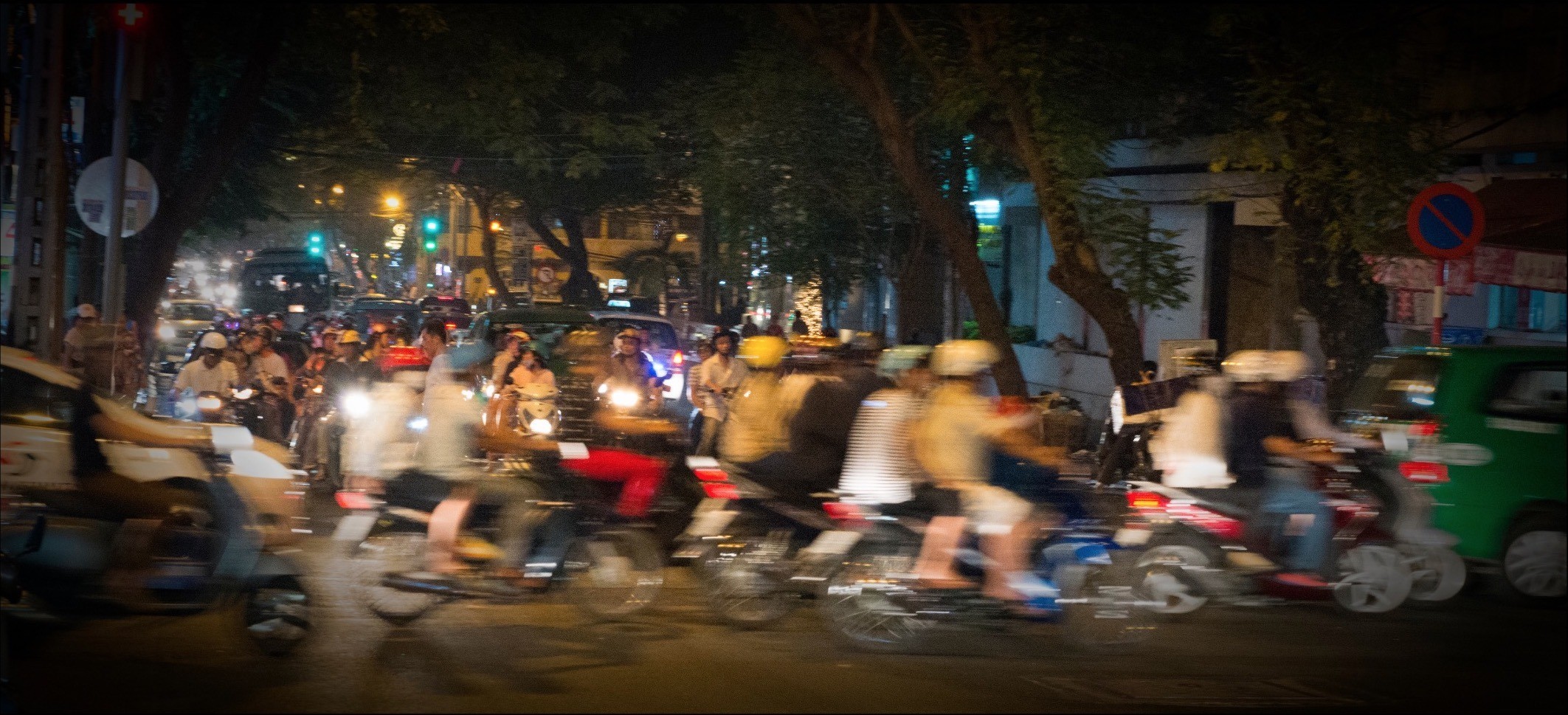by Bill Murray
 What you pay attention to depends on where you are.
What you pay attention to depends on where you are.
“In an old city, a tourist hears the rumble of wheels over cobblestones that the native does not and notices sound bouncing differently between walls more tightly constructed than in spacious American cities.” – Alexandra Horowitz
She’s right. With the clatter of hoofs from horse-drawn carriages-for -hire in the tourist-center of Dresden a couple of weeks ago, you could see it; the locals plodded on; the tourists perked up and searched out their source.
With sound, personal space is different in different places, too. On the 13th floor of a 21-floor building in Ho Chi Minh City in April, we might as well have been invited guests in the skybar above us. Live Viet Pop invaded our personal earspace the same way a plane flies over your house’s airspace. With utter impunity.
Something else about listening: silence is a sound of its own. After a month in Vietnam, the silence of the Finnish lakeshore, where we are now, is music I was overdue to hear.
Not that it’s entirely silent. Birch leaves rustle like fresh linen sheets. Gulls shriek and shriek at constant calamities. Is there a more easily affronted creature?
On our waterfront this year we have three flocks of ducks, a grebe with an astonishing trail of a dozen babies, and a swan couple with a brood of five. They are doing what they do, growing kids each day, adults teaching kids how to be water birds.
One day one of the adult swans, in a clear display of, well, something, honked and beat at the water, flared up and away from the kids and squawked all the way around the island beyond our cabin, and back. Awesome (in the original sense of the word).
Was it a lesson to the kids on how to scare off a seagull, perhaps? Over coffee in the morning, with no media, we talked about it for days.
This summer my wife and I have fled our frightening American moment, covered our eyes and sneaked constant looks back through our fingers. When politicians back home get a question they don’t like, they reframe it by stepping back, broadening the perspective. We thought we’d do the same.
First we made for the other side of the world, and our apartment in Ho Chi Minh City had only Vietnamese TV. You can always look up angst on the internet, but the breathless political play-by-pay of American cable news faded to black; that was a good start.
“While most adults (95 percent) say they follow the news regularly, 56 percent say that doing so causes them stress, and 72 percent believe the media blows things out of proportion.” So says the American Psychological Association.
“More than half of Americans say the news causes them stress, and many report feeling anxiety, fatigue or sleep loss as a result, the survey shows. Yet one in 10 adults checks the news every hour, and fully 20% of Americans report “constantly” monitoring their social media feeds—which often exposes them to the latest news headlines, whether they like it or not.”
About two weeks into cable exile we dialed in a morning newscast on CNN online, which opened with their Breaking News sounder to tell us an airplane had landed in a lake in Jacksonville. There were no fatalities but there was dudgeon in spades. We turned the live stream off.
The 9500 mile remove from Jacksonville helped make evident how much the worry machine wants you on edge. On cable news, there is plenty to worry about every hour, every day.
Which is nothing new. Alfred Charles William Harmsworth, aka Lord Northcliffe, founder of the London Daily Mail, who died in 1922, believed the secret of his success was, “I give my readers a daily hate.”
•••••
In a lecture at Trinity College, Dublin in 1943, Erwin Schrödinger described one’s native language as a closely fitting garment. I am grateful mine is the most eminently useful, because I was hopeless in Vietnamese, and I have wrestled with the language of five and a half million Finns for years now, still with only the barest comprehension.
You may use linguistic illiteracy either to feed a sort of cross-cultural unease, or opt for calm, for centering; this lessens angst. In this case ignorance is, if not bliss, a powerful observational tool.
While late July is prime summer if you are American, in Finland the best of summer may be past. The last few weeks’ preoccupation here has been the first strawberry (mansikka) harvest. Last time we were on the Pendolino train from Helsinki, the mansikka girls came through each carriage over and over and over again.
And will it ever warm up, I mean really warm up, before summer ends? In big city companies, the senior members get the first shot at vacation time, and usually aim for late July, on the grounds that the lake where their cabin is will have warmed up some by then.
It’s a crap shoot. Some years the lake temperature never gets to 20C (18.5 at this filing), and you may get a solid week of drizzle. As consolation prizes, there are the Savonlinna Opera Festival, where we saw Vladimir Putin two years ago, and this year, the Heavy Metal Knitting Championship in Joensuu.
While we’ve been in northern Europe we’ve visited Russia, Germany and Poland. We watched Wrocławians (Wrocław, pictured) with their heads down over their pirogies and soups (Poles, I learned, eat 103 litres of soup per person every year. That’s more than half a gallon a week). Russians, in the Karelian town of Vyborg, are busy grilling their shashlyk.
Whether the local preoccupation is strawberries, soup or skewers, these are real lives, lived locally. All with precious little worry over the things that trouble Americans.
At Zgorzelec, the border town in Poland across from Görlich, Germany, there is a shop with a banner, “Second Hand. From London!” Do you believe shoppers to whom used British clothing appeals are concerned about the Trump/Rapinoe feud? The Trump/Darroch feud? The Trump/Squad feud? (Plug in your favorite Trump feud.)
In Russia the ongoing political project is defenestration of those who might harm the sovereign. In practical terms this means dissipation of potential. In Finland, an expensive welfare state, the average price of petrol hovers around $6.59 per gallon in what is nevertheless the “happiest country in the world.”
In the United States it’s easy to get the idea that the world hinges on the United States. Really, it does not, and this is a calming realization. America is surely the only country to bluster and worry so about its self-image. Let me just say whoa, lighten up, there is a whole lot of world out here.
The election of Donald Trump vaulted the American left straight over Elisabeth Kübler-Ross’s first three stages of grief to the fourth, depression, and that is where it has stayed. Chin up, I say. I think the democrats’ first debate last month showed them ferociously seeking the formula to oust the president, his gargoyle family and footmen.
Ohio Congressman Tim Ryan argued for an indefinite, direct U.S. presence in Afghanistan. That was regrettable, but his was a lone voice. The truth is, aside from questions of occupation of other lands, United States decisions on environmental policy, trade policy, immigration policy hardly alter the daily lives of people living far away.
(Perhaps Central America excepted. While Dems promised the impossible in those first debates, essentially open borders, they also proposed to actually grapple with fusing diplomatic to immigration policy, to begin to lift El Salvador, Guatemala and Honduras from despair.)
Americans can be a little grandiose. See Madeleine Albright’s “indispensable nation.” Recall, too, how Barack Obama’s “I believe in American exceptionalism, just as I suspect that the Brits believe in British exceptionalism and the Greeks believe in Greek exceptionalism” was received.
Some truths, however reasonable, are beyond the American pale. Obama backtracked to “I believe in American exceptionalism with every fiber of my being. But what makes us exceptional is not our ability to flout international norms and the rule of law; it is our willingness to affirm them through our actions.”
I’d suggest, after watching my American government strut and stumble across the world stage from abroad, that:
– When other countries defer to the United States it is because they must, not because they appreciate America’s systemic superiority. Or, certainly, wisdom.
– The Trump diplomatic effort is as universally and roundly mocked as it deserves to be.
– The Americans can go right on huffing, puffing and moralizing and nothing will change in the life of, say, a Vietnamese Vespa driver. Life in Vietnam is done by Vietnamese rules, in every other country by its own rules, and that is as it should be.
– America is the least self-aware, most self-important country in the world. Its blithe assumption that it sets the world pace sets off snickering and eye rolling worldwide.
What we Americans do is over-idealize. We loved the triumphant premise of the End of History, that the good guys won. We didn’t consider that the end of history meant stasis, and stasis leads to decay. Fukuyama himself warned about this, nobody listened, and for all the prescriptive ink spilled over how to fix government these last few years, here we are, in a mess.
But as I say, chin up. Truth is, unless a reckless American leader makes a reckless mistake, everybody else in the world will go about getting along within their own flawed political systems, living their daily lives, doing the best they know how. For all of America’s self-importance, and all the angst spent in front of cable news, the humbling truth is, nobody else is will much care.
•••••
At 22:30 in July the sun shines straight across the lake. Our cabin’s latitude is around 62 degrees north, like Yellowknife, Northwest Territories. There they have a Wal-Mart, a Dominos, a Wyndham Hotel, a Staples and a Safeway.
We don’t have those here, and while their lower prices would be fabulous, the happiest country in the world doesn’t presume to be leading the world, and doesn’t feel the angst that seethes across America. Finland has its share of angst, mind you (there’s that 1340 kilometer border with Russia). Just it’s own angst, and it doesn’t seethe.
From here, it looks like the U.S. can busy itself “leading the world” however it will, and as long as it doesn’t blow it up, real people in the rest of the world, including those who live in regimes it disagrees with, will go on every single day with utterly no regard for Mayor Pete or Uncle Joe or FOX or MSNBC.


